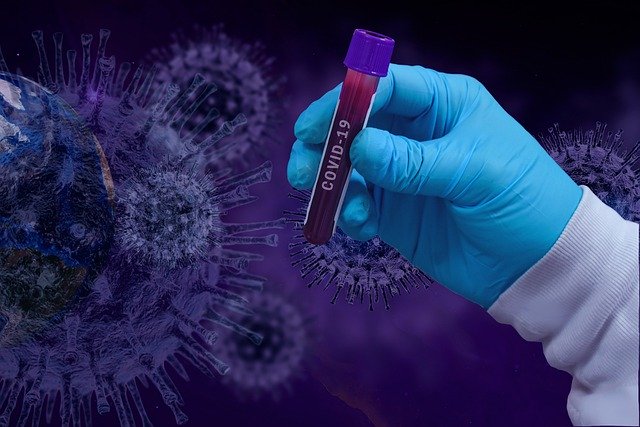
In a new study, researchers have tested more than 10,000 compounds to identify 7 drug candidates that may help treat COVID-19.
They tested the efficacy of approved drugs, drug candidates in clinical trials and other compounds.
The research was conducted by an international team including researchers from the University of Queensland.
Currently, there are no effective treatment options for COVID-19.
In order to rapidly discover lead compounds for clinical use, the team initiated a program of high-throughput drug screening, both in laboratories and also using the latest computer software to predict how different drugs bind to the virus.
The project targeted the main COVID-19 virus enzyme, known as the main protease or Mpro, which plays a pivotal role in mediating viral replication.
This makes it an attractive drug target for this virus, and as people don’t naturally have this enzyme, compounds that target it are likely to have low toxicity.
They add the drugs directly to the enzyme or to cell cultures growing the virus and assess how much of each compound is required to stop the enzyme from working or to kill the virus.
After assaying thousands of drugs, the researchers found of the six that appear to be effective in inhibiting the enzyme, one is of particular interest.
They are particularly looking at several leads that have been subjected to clinical trials including for the prevention and treatment of various disorders such as cardiovascular diseases, arthritis, stroke, atherosclerosis, and cancer.
Compounds that are already along the pipeline to drug discovery are preferred, as they can be further tested as antivirals at an accelerated rate compared to new drug leads that would have to go through this process from scratch.
After the enzyme’s structure was made public, the team received more than 300 requests for more information, even before the paper was published.
One author of the study is the University of Queensland scientist Professor Luke Guddat.
The study is published in Nature.
Copyright © 2020 Knowridge Science Report. All rights reserved.



